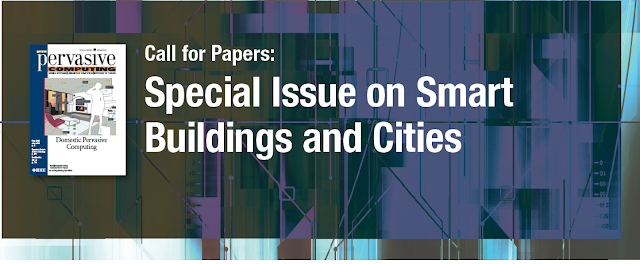 |
| Dr. Nicolas Falk presented for Bartlett School of Planning. Image is taken by Networking City |
In this year, Bartlett School of Planning run BSP seminar series over the semesters. On 6 March 2013, Dr. Nicolas Falk, Director of URBED (Urbanism Environment Design), provided a presentation the title of “Compact cities or garden suburbs?” at Central House of UCL.
Because I was bit late, I could not watch all his presentation. He suggested simple but well-summarised planning keywords and showed relevant examples over the European cities. For example, he argued there are five key elements to reach Smart Growth. The five keys can be represented as 5C: community, connectivity, character, climate and collaboration. And he mentioned the meaning of the community with examples such as ‘Schools as community hub with Houton, NL’ and ‘Places for all ages with Reiselfeld, Freiburg, Germany’.
Connected city, Five finger strategy and Redefining Greenbelt were mentioned as the future direction for smart growth in the UK as the conclusion of the lecture. In particular, he had expressed the negative feeling against current Greenbelt policy. According to him, the greenbelt of London is little bit old-fashioned and the greenbelt has been a strong obstacle to expand development areas and connecting between London and other cities. Although he said Redefining Greenbelt as one issue of the future direction, all three items should be accompanied with the reorganisation of London’s greenbelt.
During his lecture, some questions were emerging by myself. Is really Green belt the obstruction of smart growth? Is there smart growth? If possible, how are different process and method needed compared to typical urban development? How can it work in high density?
I think there are two reasons why the questions were come up.
In the first, he emphasised the term of ‘smart’ and ‘smarter’ several times in his lecture. However, the term, smart, has been considering with the development of technology in our built-environment while his suggestions and examples were more familiar with sustainable urban planning and design.
Secondly, the key issues what he argued are too abstract and vague. We know community, connectivity, character, climate and collaboration are crucial factors. People might want to listen from him how we can achieve those factors, what kind of process, the roles of stakeholders and so on.
 |
| One of his lecutre slide. Image is taken by Networking City |
There are good materials of urban design, field research and regional study on the homepage of URBED. They have run urban design and architectural design studios at University of Sheffield, so we can find the links of interesting students’ works. Also, they published ‘Sustainable Urban Neighbourhood’ in 2010 what includes some contents of today’s lecture.
Continue reading »














